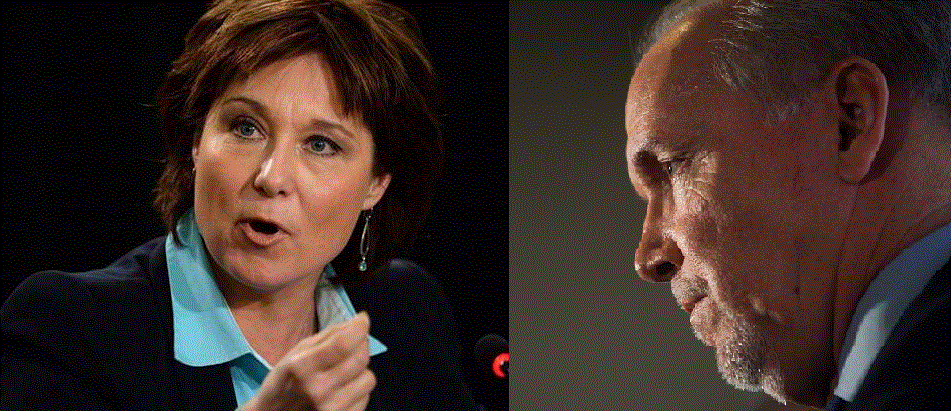A stock market at the University of British Columbia Sauder School of Business is trying to predict which party will win B.C.’s upcoming provincial election.

The only election stock market in Canada, the Sauder School of Business Prediction Markets, allows investors to use their own money to buy and sell “shares” representing political parties.
According to the market’s developer Werner Antweiler, who is also a professor of economics at Sauder, it works like any futures market, where people can buy a contract that will mature at some point in the future. The payoff is determined by a future event or outcome.
In this case, the futures will mature on May 9, the B.C. general election day.
Antweiler says people can trade to predict popular vote share, the distribution of seats in the Legislature and the winner-takes-all market based on which party will form the next government.
A few months ahead of this spring’s election, the market is predicting a very close contest, with the BC Liberals currently predicted to receive 40.9 per cent of the popular vote while the BC NDP is predicted to end up with 39.2 per cent.
The two parties are also head-to-head when it comes to seat distribution in the Legislature, with the Liberals predicted to get 42 and NDP – in close second with 41.
Finally, the market is pegging BC Liberals to win a majority government, with a probability of 48.1 per cent. It’s giving the BC NDP a 47 per cent probability of accomplishing the same feat.
READ MORE: 7 predictions for B.C. politics in 2017
Antweiler says he has been running similar prediction markets for more than 20 years to predict the results of various elections, including the last provincial election in 2013.
He admits that like the majority of opinions polls out there, their election stock market got the majority government wrong when Christy Clark clinched an unexpected victory over Adrian Dix’s NDP.
But he still believes the stock market reflects voter sentiment more accurately than the opinion polls.
“People put their money where their mouth is,” Antweiler said. “They have a vested interest in making the right predictions, because that’s how they make money. You have to put all your personal preferences aside and really look at all the relevant information and predict who will win this election.”
Meanwhile, Antweiler says the polling information seems to be a lot less accurate than it used to be.
“The pollsters have trouble reaching people at home or people just don’t respond, so there are a lot of issues about the quality of traditional polling, where the pollsters make a lot of assumptions,” he said. “At the end of the day, there are still a lot of undecided voters.”
On the flip side, he says prediction markets tend to be forward-looking in nature, absorbing and reacting to new information in real time.
“They look forward into the future, as opposed to looking backward,” Antweiler said.
Sauder’s election prediction markets are open to anyone who is a Canadian resident, at least 19 years of age, with a Canadian postal address and phone number.
Antweiler says there is real money involved, but there are no fees or commissions, because it is a not-for-profit venture.
He added participants can invest and withdraw their money at any time and don’t have to wait until the election to buy or sell their shares.





Comments